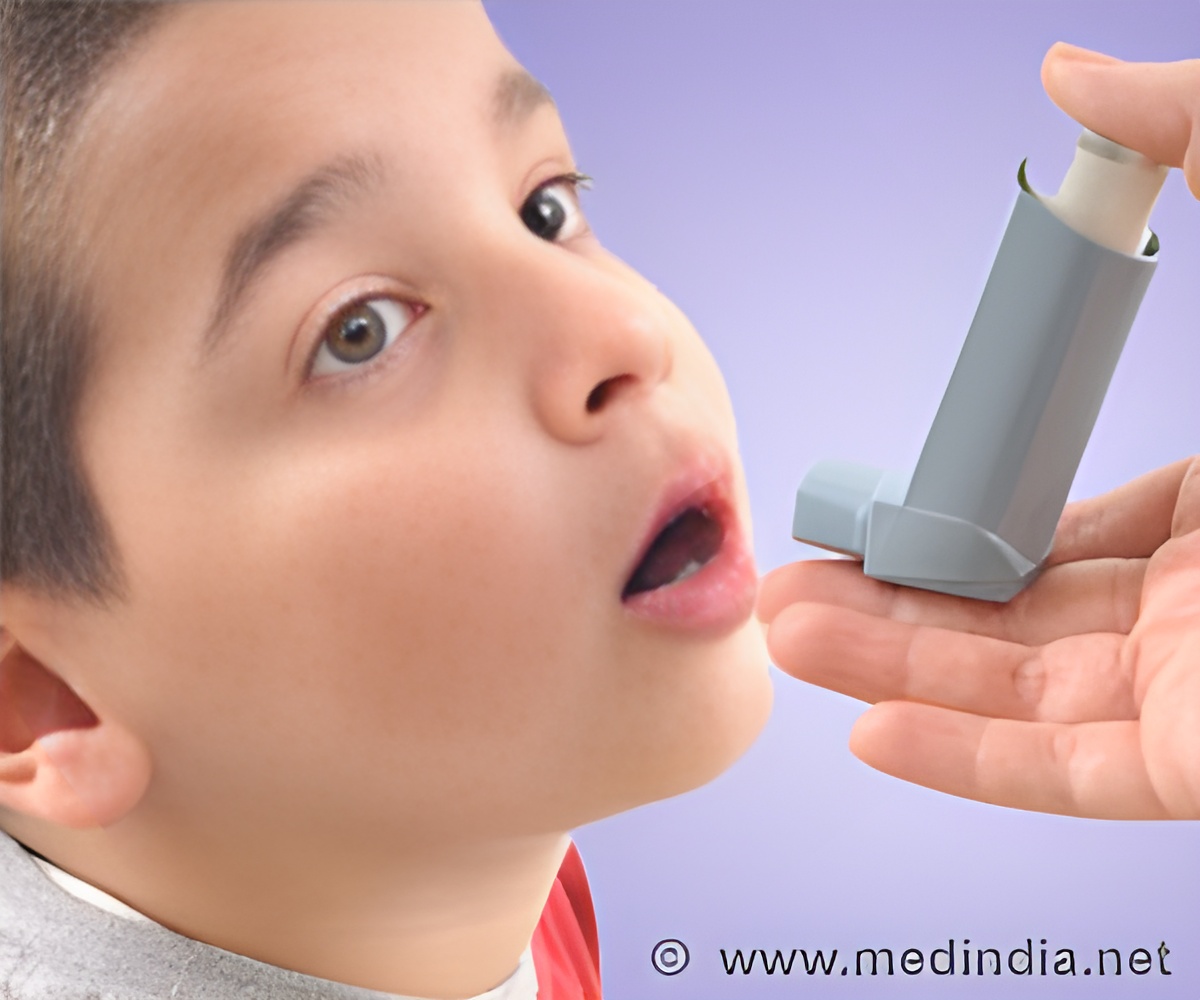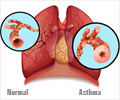Kids with developmental disabilities like autism spectrum disorder, attention deficit or hyperactivity disorder, and cerebral palsy are more than twice as likely than others to have asthma, reports a new study.

‘Around 1 in 6 kids or approximately 16 percent of children with a disability or developmental delay had simultaneous asthma.
’





The researchers discovered asthma prevalence was significantly higher in children with disabilities compared to their typically developing peers. Children with hearing loss had the greatest likelihood of having asthma, followed by those with cerebral palsy, and children with a learning disability. The study team also noted that ethnic minority children had higher odds of dual asthma/disability diagnoses compared to their non-Hispanic white peers. "This research has shown that it's not just clinicians or pediatricians that should be aware that children with disabilities and delays may also have other health problems. It's also schools, after-school programs, and other communitywide programs," said Sarah Messiah, Ph.D., MPH, the study's senior author and professor of epidemiology, human genetics, and environmental sciences at UTHealth School of Public Health in Dallas. "It's equally important to understand these children may not always be able to communicate their discomfort, especially when it comes to asthma."
Messiah is director of the Center for Pediatric Population Health, a research collaboration between UTHealth School of Public Health and Children's Health. The first author of the article is Luyu Xie, PharmD, of the School of Public Health and the Center for Pediatric Population Health.
In the U.S., more than 6 million children are diagnosed with asthma, and nearly half have missed school due to the condition. The missing school has been linked to poor academic performance, which is often seen as a hallmark of a learning disability. The research illustrated the challenges of properly meeting the educational needs of students with co-occurring diagnosis, and the role of adequate disease management and its link to academic success.
"Both asthma and disabilities in children are important determinants of school absenteeism, with the subsequent risk of educational delays. Asthma, when detected early and managed early, can lessen the impact it has on quality of life and missed school days," said George Delclos, MD, MPH, a co-author and professor of epidemiology, human genetics, and environmental sciences at the School of Public Health.
Advertisement
"These results support advising pediatricians to screen for asthma in children with disabilities so that interventions can be started sooner. This screening is particularly important to conduct in ethnic minorities with disabilities, given their even greater risk," said Delclos, Marcus M. Key, M.D. - Shell Occupational and Environmental Health Endowed Chair.
Advertisement















